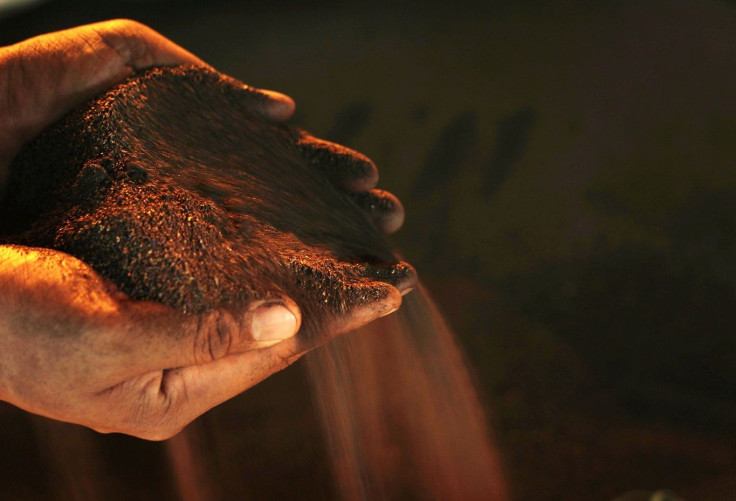Nickel, aluminium expected to trade higher in mid-September

Markets research firm Angel Commodities said base metals nickel and aluminium would experience a price hike by the middle of this month due to various positive global cues. Nickel, for instance, would be highly affected by Indonesia’s decision to continue its ban on unprocessed metals.
“ We expect nickel prices to trade higher in September 15 as Indonesia decided to retain its export ban on nickel ore, contrary to media reports suggesting the country may relax curbs to prop up its slowing economy,” a representative from Angel told Commodity Online .
Aluminium, on the other hand, will get a price boost on production upgrade from a giant Russian bauxite producer.
“ We [also] expect aluminium prices to trade higher in September 15 as supply glut concerns will likely get a breather as Russia’s Rusal, the world’s top aluminium producer, is considering capacity cuts of 200,000 tonnes a year this year,” the firm added.
Earlier this year, Rusal executive said that bauxite producers across the globe are forced to either cut production or completely shut operations down due to the losses obtained from weak global prices.
“Chinese smelters expected the price to recover but it's already [been] more than six months. The price is very low and these producers are suffering from losses, so they have to start shutting down," said Oleg Mukhamedshin, deputy chief executive of United Rusal Co. in a report by Business Spectator Australia.
Copper will also experience some price problems in the same period due to the growing economic sentiments brought by the recent market rout in China. But refined copper from the country is predicted to expand in the remaining months of this year due to the diminished number of ore and scrap supplies.
Nickel producers, however, are experiencing a different dilemma. Many producers are hesitant to put their products on the market not only because of weak prices, but also of the oversupply in the segment. Although supply is predicted to decrease this year, it is showing signs of overflowing as overall demand abruptly went down in the third quarter of the year. The market crash in China has also discouraged many steel makers to up their consumption.
For instance, global newcomer Amur Minerals (London AIM: AMC) has decided to continue infrastructure developments in its Kun-Manie Reserve by building smelting facilities instead of extracting and selling its projected 90 million tonnes of ore right away. CEO Robin Young said it will not only help them sell cheaper processed ore on the global market in the near future but also expand Kun-Manie’s mine life by 15 years.
“As we worked on the study, we challenged all past and previous assumptions. As a result, mining will best be performed using a combination of underground and open pit productions, power will be generated on site, a substantial access road upgrade can be supported and the construction of own smelter and refinery,” Young said .
Nickel on the global market
On last London Metals Exchange (LME) trading, nickel remained weak as it continued to suffer from weak economic data from China. It fell by 1.7 percent at US$10,300 [AU$14,400] but gained 3 percent for the week due to speculative selling amid weak spot demand.
As of today, economists, analysts and traders are still divided on the future of nickel as the metals market has become more unpredictable after the global market suffered from the absence of Chinese steel players in the demand sector.
Industry experts and international bank analysts believe that the future of nickel, as well as other base metals, depend on two entities: a prolonged and sustained recovery from China, which would bring the demand segment back to its old form, and a continued unprocessed prohibition from Indonesia, which will suppress the supply segment and enable smaller players to meet the demands coming from giant consumers such as China and Japan.
Now that Indonesia confirmed that the ore ban in the country will continue , many industry experts say that there would certainly be a supply dearth next year.
“Norilsk Nickel PJSC-the world’s second largest producer of nickel-has raised the nickel deficit forecast for 2016 by additional 5,000 tonnes, on account of production cuts by high cost producers and falling nickel prices along with drastic fall in China's nickel pig iron output,” Hellenic Shipping News reported .
Contact the writer at feedback@ibtimes.com.au, or let us know what you think below.





















